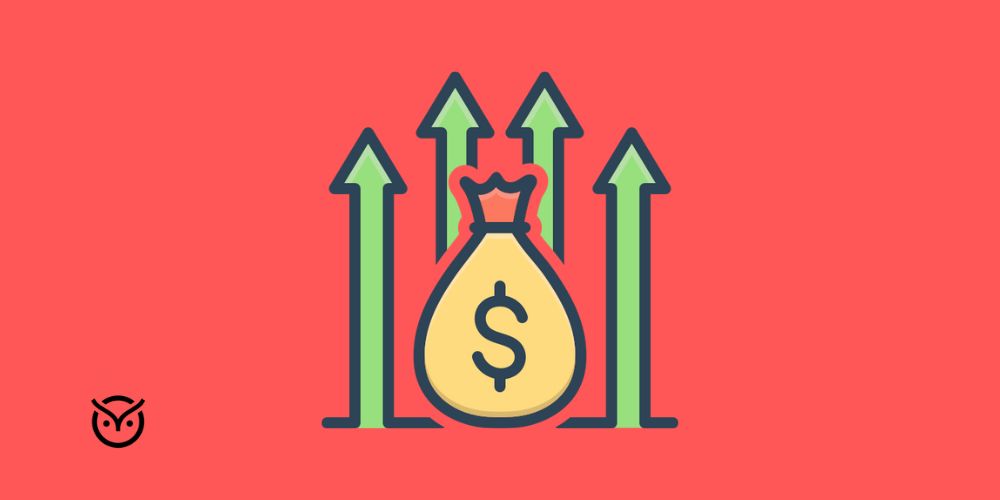
TL;DR
- Iqama fund = fees tied to your Saudi iqama (renewal, work permit, dependents).
- Covers renewal, Maktab Amal, insurance, and dependent fees.
- Renewals are now possible for 3, 6, or 9 months, not just yearly.
- Track available funds to avoid delays and penalties.
- Knowing what your iqama funds cover helps you plan ahead.
You move to Saudi Arabia excited, you get your Saudi iqama, and then reality hits: you learn renewal comes with many hidden charges. Between work permit fees, dependent charges, and insurance, many expats discover their iqama fund is stretched thin. Without clear info, you may miss a deadline or pay more than expected.
In this blog, you will learn what iqama fund really means, what it covers, how to check your balance of available funds, and how to avoid common pitfalls. By the end, you will feel confident managing and planning for these expenses.
What Is the Iqama Fund?

The term iqama fund refers to the money set aside (or owed) for maintaining your legal residency status in Saudi Arabia. It is not a single account but the sum of fees you pay over time for things like renewing the Saudi iqama, paying work permit levies, sponsoring dependents, and completing required paperwork and insurance.
When people talk about their iqama funds, they usually mean all the charges they’re responsible for to keep the residency valid. For many expats, this means tracking more than just the renewal fee. Other parts make up the iqama funds total.
What Is the Iqama Fund?
Drag each card into the correct box below.
What Does the Iqama Fund Cover?

Here are the main components that the iqama fund pays for:
What Does the Iqama Fund Cover?
Key components your iqama fund may pay for.
| Component | What It Covers | Typical Amounts / Facts |
|---|---|---|
| Iqama renewal / issuance fee | The official renewal or issuing of your resident permit (iqama). | Full-year ~ SAR 650. Quarterly options approx. SAR 163 (3-mo), SAR 325 (6-mo), SAR 488 (9-mo). |
| Work permit / Expat levy (Maktab Amal) | Monthly fee paid for legal work status under your sponsor. | About SAR 800 / month per worker (~ SAR 9,600 / year). |
| Dependent fees | Monthly fee for each sponsored dependent (spouse, children). | About SAR 400 / month per dependent (~ SAR 4,800 / year each). |
| Health / insurance | Valid health insurance required to maintain residency. | Ranges roughly from SAR 500 to SAR 2,000+ / year, depending on plan. |
| Administrative fees | Platform or documentation charges (e.g., service processing). | Example small admin charges around SAR 50+, case-by-case. |
Also consider that the iqama fund indirectly covers obligations related to being a legal resident: having a valid resident identity card in KSA, staying compliant with Saudization policies, and ensuring your iqama renewal happens on time.
How to Check Your Iqama Fund Balance (Step-by-Step)

Checking your balance of available funds in Saudi Arabia is easy once you know where to go. The Ministry of Interior (MOI) offers an online service through Absher. Here’s how you can check:
- Go to the Absher portal.
- Log in with your user ID or Iqama number and password.
- Select “Electronic Inquiries”.
- Click on “Public Query Available Funds”.
- Enter your Saudi iqama number and the captcha code.
- Click “View.”
The page will display your iqama funds balance, which may include amounts deposited for visa services, dependent fees, or iqama renewals. This system helps you confirm whether your iqama renewal or dependent charges are already covered.
If you don’t have Absher access, many expats rely on their HR department or employer’s PRO (Public Relations Officer) to share the current balance of their iqama fund.
Why Is the Iqama Fund Important for Expats?

For expats, maintaining a valid resident identity card in KSA is non-negotiable. Without a valid iqama, you cannot legally work, rent housing, open a bank account, or even travel freely. That makes the iqama fund central to daily life.
Here’s why it matters:
- Avoiding fines and legal issues: Expired iqamas can lead to penalties or deportation.
- Family security: Dependent fees must be paid to keep your spouse and children under your sponsorship.
- Job continuity: Employers are legally obligated to cover parts of the iqama fees, especially the work permit levy. Failure to pay on time could affect your employment status.
- Compliance with Saudization: Companies that don’t meet the Saudization quotas face restrictions, and one way compliance is tracked is through paid and active iqamas.
Common Issues with Iqama Funds

Even though the process seems simple on paper, expats often run into hurdles with their iqama funds:
- Employer vs. employee responsibilities: Sometimes employers fail to pay the work permit levy on time, leaving employees at risk.
- Dependent fees confusion: Expats may not realize that dependent fees are monthly and accumulate quickly.
- Mismatch in Absher balance: Some users report seeing lower available funds than what was actually deposited, often due to processing delays.
- Partial renewals: Since renewals can now be done quarterly (instead of yearly only), confusion exists around paying in smaller increments.
- Unexpected deductions: Insurance updates, fines, or admin charges may reduce your iqama balance without prior notice.
Awareness of these issues can help you plan better and avoid surprises.
Common Issues with Iqama Funds — Match Problems to Solutions
Connect each problem on the left to the best solution on the right. Use Shuffle to mix the pairs.
Conclusion
The iqama fund is what keeps your residency in Saudi Arabia secure. It takes care of renewals, dependent charges, and keeps your work permit valid. Without it, both your daily life and career can be affected.
By checking your available funds regularly, clarifying employer vs. employee responsibilities, and planning for dependent and insurance costs, you can stay ahead of potential problems. For every expat, treating the iqama fund as a monthly commitment rather than a yearly surprise is the smartest way forward.
FAQs
Employers are required to cover the work permit levy and iqama issuance fees for employees. However, dependent fees and some renewal charges are typically paid by the employee. Always confirm with your HR department.
No. Your iqama fund balance only applies to residency and labor-related services such as renewals, dependent fees and visas. Traffic fines must be paid separately.
If your balance is zero when renewal or dependent fees are due, the service request will not process. This may delay your iqama renewal and could lead to fines if deadlines are missed. Always check your balance in advance.




